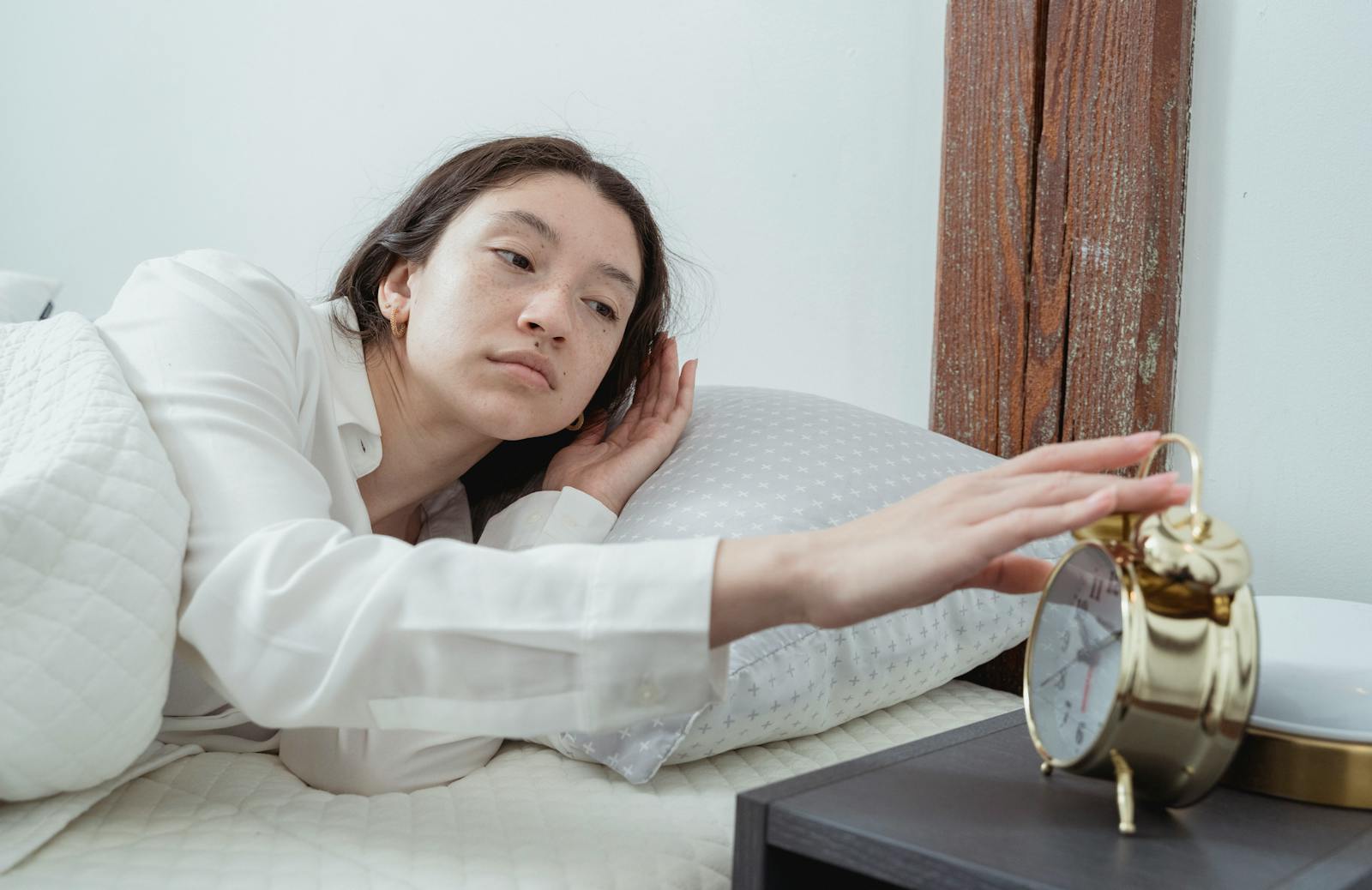New insights reveal that waking up is not the stressful event many believed, reshaping our understanding of cortisol and its role in sleep-wake cycles.
Key Points at a Glance
- Waking up does not directly cause an increase in cortisol levels, according to a University of Bristol study.
- Cortisol levels rise naturally before waking as part of the circadian rhythm, not as a reaction to waking itself.
- Findings suggest caution in interpreting cortisol measurements taken solely after waking without considering pre-waking levels.
- The research provides a new framework for studying sleep disorders and stress-related conditions.
For years, the “cortisol awakening response” (CAR) has been a cornerstone in research on conditions like PTSD, depression, and chronic fatigue syndrome. The prevailing assumption? Waking up triggers a spike in cortisol, the hormone associated with stress. However, a groundbreaking study led by the University of Bristol challenges this narrative.
The research, published in the Proceedings of the Royal Society B, found no evidence that waking up itself causes an increase in cortisol secretion. Instead, cortisol levels rise naturally in the hours leading up to waking as part of the body’s circadian rhythm.
“Our findings fundamentally alter how we interpret cortisol data related to waking,” says Professor Stafford Lightman, a lead author of the study. “What we see as post-waking changes in cortisol are actually the tail end of the natural rhythm that begins hours before we open our eyes.”
The team used an automated sampling system to measure cortisol levels in 201 participants, aged 18 to 68, both before and after waking. Unlike traditional methods that rely on saliva samples taken post-waking, this approach allowed researchers to capture a more complete picture of cortisol dynamics.
Key Findings:
- No Spike After Waking: Cortisol levels showed no significant change in the hour after waking compared to the hour before. This debunks the idea that waking acts as a stimulus for cortisol release.
- Circadian Influence Dominates: The natural rise in cortisol begins hours before habitual waking times. This rhythm prepares the body for the day ahead and aligns with other physiological processes.
- Individual Variability: Substantial differences were observed in cortisol concentrations and dynamics, influenced by factors like sleep length and timing. These variations highlight the complexity of hormonal regulation and its interplay with individual sleep patterns.
- Implications for Sleep Disorders: The study underscores the importance of considering pre-waking cortisol levels when studying conditions like depression and sleep disorders. Misinterpreting cortisol data could lead to flawed conclusions about stress and arousal mechanisms.
Cortisol, often dubbed the “stress hormone,” plays a pivotal role in the body’s response to environmental challenges. This study reframes its role in the sleep-wake cycle, suggesting that its relationship to waking is more about preparation than reaction.
“If cortisol is linked to waking, it’s through its contribution to the initiation of waking rather than as a response to it,” explains Dr. Thomas Upton, co-lead author. “This insight is crucial for understanding how disruptions in cortisol rhythms might contribute to conditions like insomnia and chronic stress.”
The findings open doors for more nuanced investigations into the hypothalamic-pituitary-adrenal (HPA) axis—the system that regulates cortisol release and stress responses. Future studies could explore how this system interacts with sleep dynamics, providing insights into conditions ranging from depression to metabolic disorders.
Professor Marcus Munafò, a senior collaborator, highlights the broader implications: “This research not only clarifies a key physiological process but also exemplifies the importance of rigorously testing long-standing scientific assumptions.”
For clinicians and researchers, the study offers a crucial reminder: interpreting cortisol measurements requires context. Solely relying on post-waking data risks overlooking the critical pre-waking dynamics that shape hormonal activity.
For individuals, the findings provide reassurance. Waking up is not inherently stressful—a comforting thought in a world where stress often feels unavoidable.
